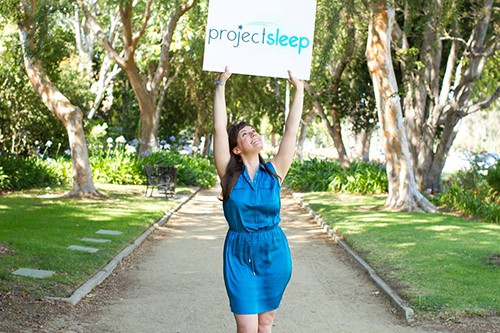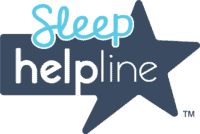
Are you getting enough sleep?
Nearly 70 percent of adults report insufficient sleep or rest at least once a month and 11 percent report insufficient sleep every day of the month.
Despite the physiological need, nearly 70 percent of high school adolescents sleep less than the recommended 8-9 hours a night. An insufficient amount of sleep in this age group is associated with suicide risk, obesity, depression, mood problems, low grades, and delinquent behavior.
What happens when we lose sleep?
Sleep loss and deprivation causes issues with memory, attention, mood regulation, complex thought, motor responses to stimuli, and performance at work or school. Sleep loss may also disrupt thermoregulation and increase the risk of various physical and mental disorders. Short and long sleep duration is associated with up to a two-fold increased risk of obesity, diabetes, hypertension, incident cardiovascular disease, stroke, depression, substance abuse, and increased death rates in multiple studies.
Sleep deprivation is dangerous.
An estimated 100,000 motor vehicle accidents each year are believed to be the result of drivers’ drowsiness or fatigue behind the wheel.
What is sleep health?
Some things to keep in mind when thinking about getting good, healthy sleep are quantity (Are you getting optimal hours?), quality (Are you getting the right amounts of restorative NREM & REM sleep?), and timing (Is your sleep schedule in sync with your body’s circadian clock’s rhythm?). Check out these sleep health tips for better sleep.
Sleep disorders are real.
In addition to sleep deprivation being a major issue in America, did you know that 1 in 5 Americans live with a sleep disorder? But don’t be fooled, sleep disorders are sneaky and often go undiagnosed. You may not realize the signs and symptoms of major and serious sleep and circadian-related conditions.






